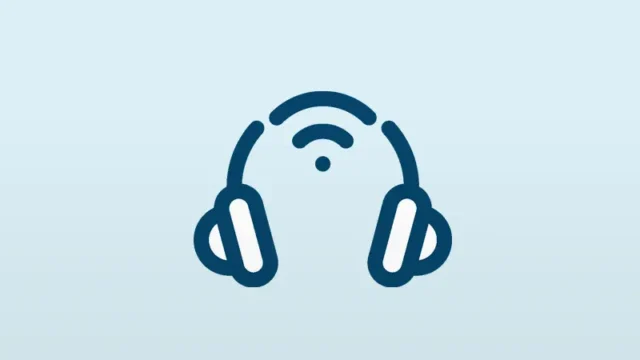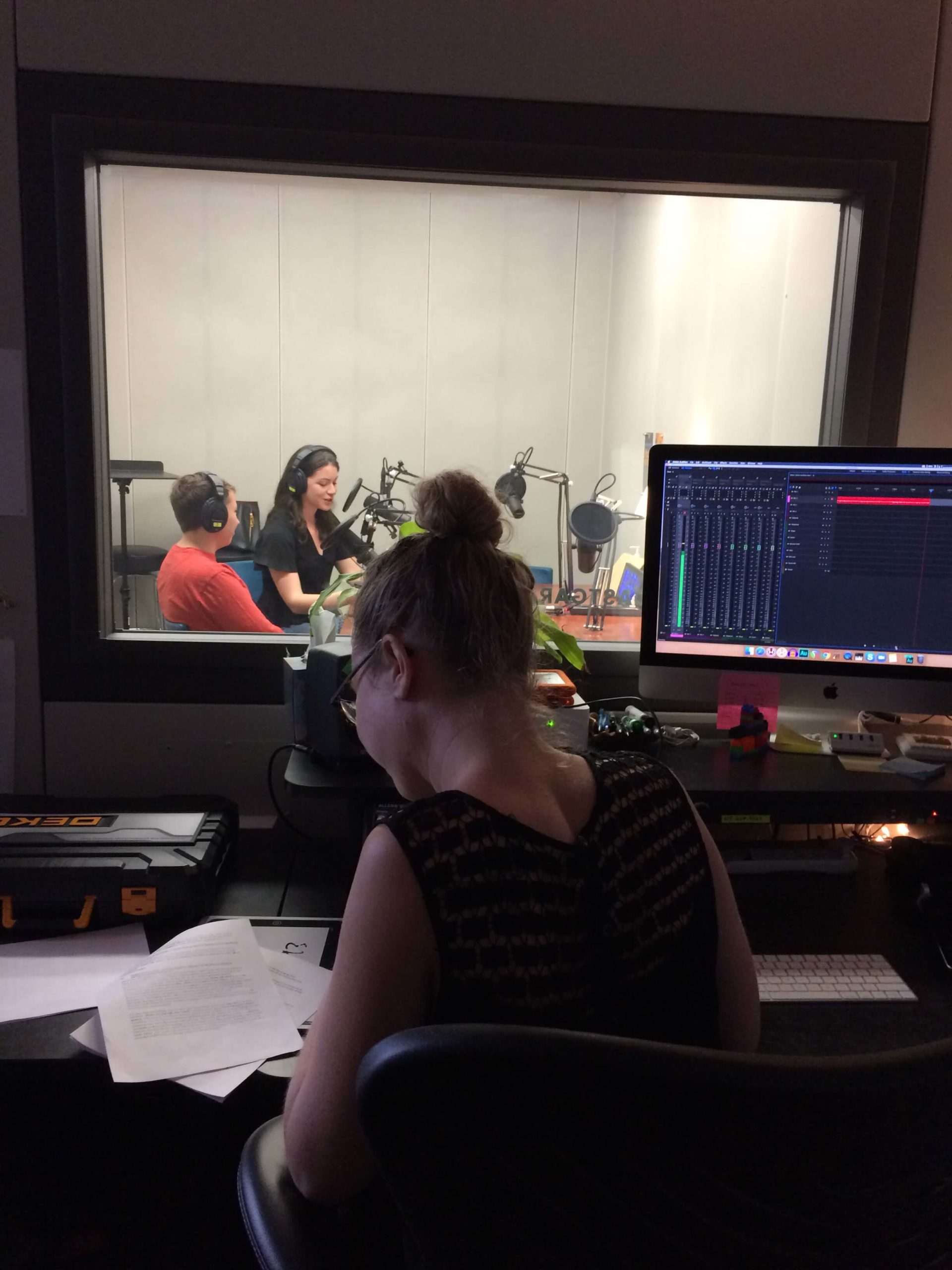About The Brain Architects Podcast


Healthy development in the early years provides the building blocks for educational achievement, economic productivity, responsible citizenship, strong communities, and successful parenting of the next generation. By improving children’s environments, relationships, and experiences early in life, society can address many costly problems, including incarceration, homelessness, and the failure to complete high school. But if you’re a parent, caregiver, teacher, or someone who works with children every day, you may be wondering, “Where do I start?!”
From brain architecture to toxic stress to serve and return, The Brain Architects, a new podcast from the Center on the Developing Child at Harvard University, will explore what we can do during this incredibly important period to ensure that all children have a strong foundation for future development. Listen to the trailer, and subscribe now!
Transcript of podcast
Sally: Welcome to the brain architects. A new podcast from the center on the Developing Child at Harvard University. I’m your host, Sally Fetzer. We want to help you apply the science of early childhood development to your everyday interactions with children and everyday work.
Speaker 1: Those building blocks, those really connections in the brain that prepare us for all of the learning that follows start in the new-born period.
Speaker 2: These adults in the child’s life need time, they need resources, they need services, and all of that enables them to engage with their children in a meaningful manner.
Speaker 3: We see a lot of families who have then failed time and time again by trying to access system that should be set up to help them.
Speaker 4: Parents are facing basic need issues they’re not going to focus on the bigger issues that are causing them any stress in their lives.
Speaker 5: Each of us needs to have a support in order to function. What do you need to feel better?
Speaker 6: The brain is always trying to get things right, if it goes off track, it’s always trying to get back on track. That’s the beauty of the science. It’s also the beauty of the magic of human development.